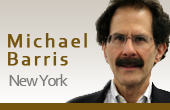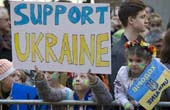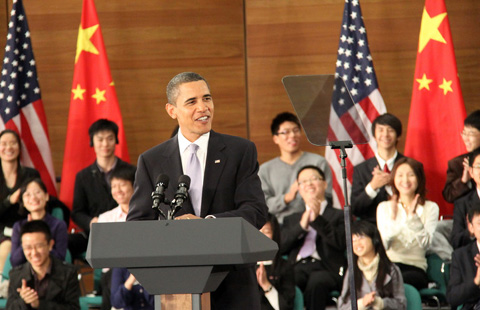Terrorists have changed methods since Snowden leaks -UK official
(Agencies) Updated: 2014-04-29 20:07LONDON - Terrorists have substantially changed their methods of communication since leaks by former U.S. intelligence operative Edward Snowden, hindering intelligence agencies' efforts to track them, a senior British security official said on Tuesday.
"The Snowden effect has been a very, very severe one," Stephen Phipson, a director at Britain's Office for Security and Counter Terrorism (OSCT), told a London security conference.
Snowden, a former National Security Agency (NSA) contractor, caused international attention last June when he disclosed details of the extent of surveillance and electronic intelligence gathering by his former employers and by the British equivalent GCHQ to the Washington Post and Britain's Guardian newspaper.
"Our adversaries, the terrorists out there, now have full sight of the sorts of tools and range of techniques that are being used by government," he said. "I can tell you data shows a substantial reduction in the use of those methods of communication as a result of the Snowden leaks."
Snowden fled the United States where he faces espionage charges and has since been granted temporary asylum in Russia.
In his initial revelations, he told the newspapers the NSA was mining the personal data of users of Google, Facebook, Skype and other U.S. companies under a secret programme codenamed Prism.
Further leaks suggested the United States had monitored phone conversations of some 35 world leaders, including Germany's Angela Merkel, while GCHQ has been accused of intercepting millions of Yahoo Inc webcam chats as part of massive surveillance operations.
The flood of accusations prompted U.S. President Barack Obama to announce reforms in January to scale back the NSA program and to ban eavesdropping on the leaders of close friends and allies of the United States.
Britain says its intelligence agencies have stayed within the law and that there is rigorous oversight of their actions.
"Some of the methods he (Snowden) describes that government uses to track terrorism, as a natural consequence, you see terrorists trying to use other methods of communication," Phipson later told a small group of reporters.










